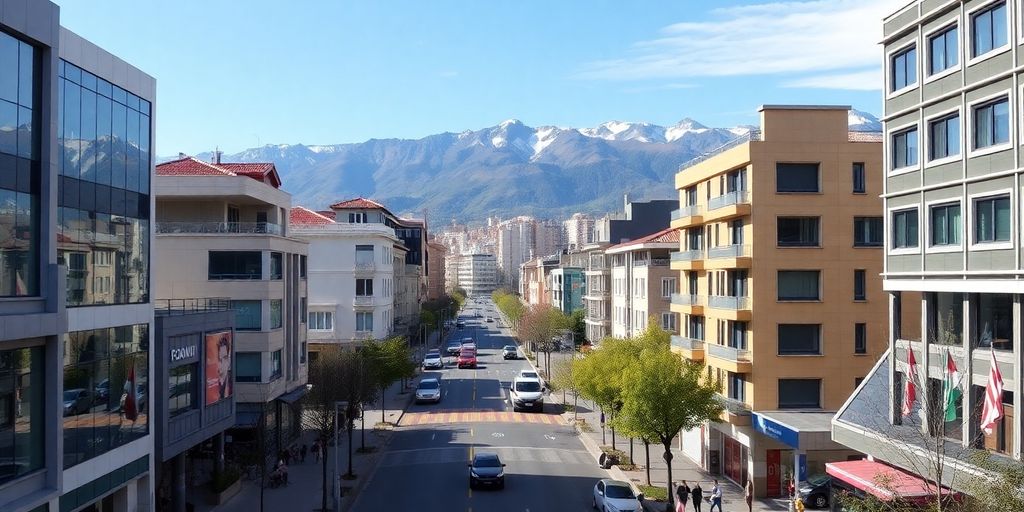Recent economic developments in North Macedonia highlight significant strides in green finance and budget management. The European Bank for Reconstruction and Development (EBRD), alongside the European Union and Japan, has initiated a €4 million loan to support energy-saving investments, while the government is also addressing its budget deficit and planning new financial instruments.
Key Takeaways
- EBRD, EU, and Japan collaborate to fund energy-saving projects in North Macedonia.
- A €4 million loan will be directed to NLB Bank AD Skopje for green investments.
- The government plans to issue €90 million in government paper on November 26.
- North Macedonia’s budget deficit has slightly narrowed year-on-year.
EBRD’s Green Financing Initiative
The EBRD has committed to enhancing green finance in North Macedonia through a loan of up to €4 million to NLB Bank AD Skopje. This funding aims to facilitate energy-efficiency investments in residential buildings, which are the largest energy consumers in the country. The initiative is part of a broader strategy to support the green energy transition in North Macedonia.
The loan will be complemented by cashback incentive grants of up to 20% of the total investment, funded by the EU and Japan. This financial support is expected to make energy-saving measures more accessible to households, thereby improving living conditions and reducing carbon emissions.
Government Financial Strategies
In addition to green financing, North Macedonia is actively managing its budget. Recent reports indicate that the country’s budget deficit has slightly narrowed year-on-year, reflecting improved fiscal management. The government is also preparing to offer €90 million in government paper on November 26, which is expected to attract investment and support public spending.
The Role of NLB Bank AD Skopje
NLB Bank AD Skopje, the third-largest bank in North Macedonia, plays a crucial role in this green financing initiative. The bank’s CEO, Toni Stojanovski, emphasized the importance of partnerships with institutions like the EBRD to promote responsible lending and facilitate access to affordable funds for energy efficiency projects. This collaboration aims to strengthen local financial ecosystems and ensure that funding reaches communities effectively.
Broader Economic Context
The recent developments in North Macedonia’s economy come at a time when the region is facing various challenges, including geopolitical tensions and the need for sustainable growth. Former Foreign Minister Nikola Dimitrov has highlighted the importance of anchoring the region firmly in the democratic world and pursuing EU integration. He noted that the current geopolitical climate creates an opportunity for the Western Balkans to advocate for a more substantial EU offer.
Conclusion
The economic developments in North Macedonia, particularly in green finance and budget management, signal a proactive approach to addressing environmental challenges and improving fiscal health. The collaboration between the EBRD, EU, and Japan, along with the strategic initiatives by the government and local banks, sets a positive trajectory for the country’s economic future.
Sources
- Up to €4 million EBRD, EU and Japan support energy-saving investments in North Macedonia, European Bank for Reconstruction and Development (EBRD).
- N. Macedonia’s 10-mo budget deficit slightly narrows y/y | N. Macedonia Economy News | SeeNews, SeeNews.
- N. Macedonia to offer 90 mln euro of govt paper on Nov 26 | N. Macedonia Economy News | SeeNews, SeeNews.
- EBRD lends N. Macedonia’s NLB Banka 4 mln euro for green projects | N. Macedonia Investments News | SeeNews, SeeNews.
- Dimitrov: There is no Russophobia in North Macedonia – Telegraph – Telegraph, Telegrafi.






